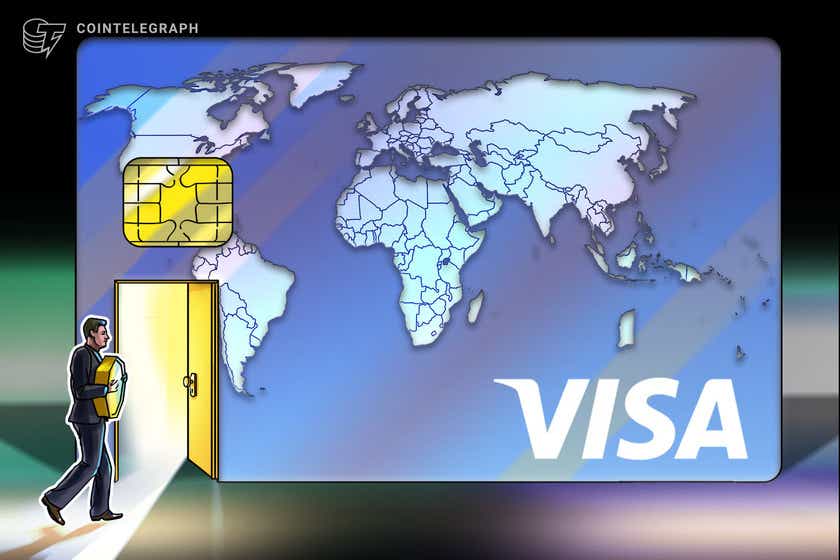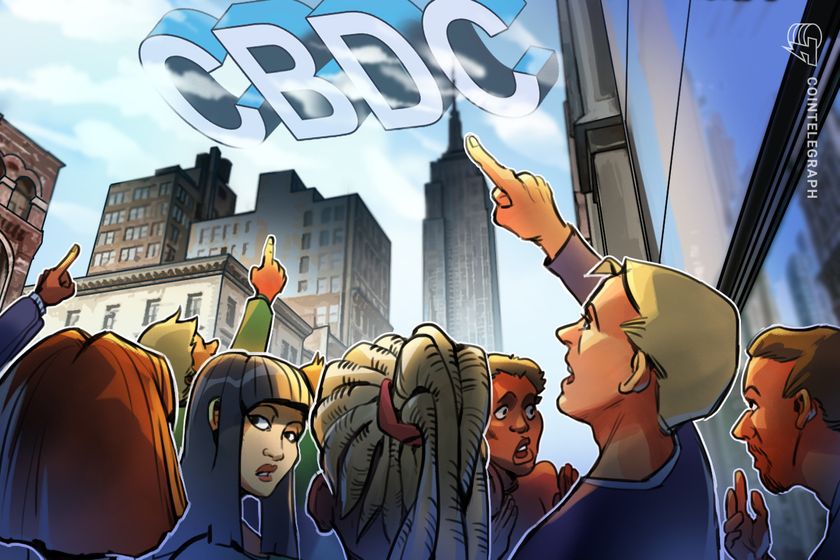Website Compiles List of KYC-Free Exchanges, Along With Some Warnings
The website Kycnot.me has compiled a list of cryptocurrency exchanges that do not require identity verification to preserve the independence of crypto.
1314 Total views
39 Total shares

A new website seeking to compile an active list of every cryptocurrency exchange that welcomes traders in some capacity without forcing them to hand over personal information through know-your-customer, or KYC, verification.
Kycnot.me is only concerned with exchanges that support Bitcoin (BTC) or Monero (XMR), asserting that BTC is the largest crypto asset with the most adoption and XMR offers the strongest privacy protections.
Website tracks KYC-free crypto exchanges
The website currently lists 14 KYC-free trading platforms, many of which offer a peer-to-peer marketplace for crypto assets.
However, the site has listed warnings concerning more than half of the exchanges mentioned — including noting tight restrictions on verification-free use, withdrawal quirks, and requests for certain identity information despite the absence of KYC requirements.
Surprisingly, the list does not include the popular exchanges Binance, KuCoin, or BitMEX.
KYC incompatible with ethos of crypto
According to a manifesto posted by the website’s owner to Github, Kycnot.me details its mission to “preserve the decentralized and self-governed essence of cryptocurrencies” by “mak[ing] it easier for people to find trustworthy ways to buy, exchange, trade and use cryptos without needing to identify themselves.”
The post asserts that cryptocurrencies were created “to untie the dependency between the users […] and the centralized entities that are in control […] of our economy,” adding that many “KYC and AML exchanges have grown to “act exactly like a bank.”
Kycnot.me invites suggestions and recommendations from community members.









